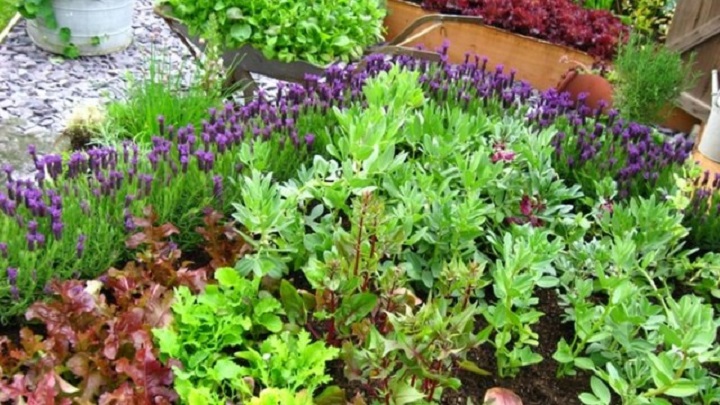With a variety of plants, tools and cultivation techniques, it can be daunting to begin in gardening. Here are 10 valuable gardening tips that will help you move from a beginner to an expert in a short time.

Setting up a new garden
If you are a little nervous about your new garden, remember that even the best gardeners were also starting to garden out for beginners. Simply keep things simple, ask many questions to your gardening friends and enjoy!
You May Read Also: 10 shopping strategies in nurseries and gardening centers
- Start with a small garden that you can easily maintain. You will be able to enlarge it easily afterward.
- Trail or lay slabs to give easy access to your garden and utility areas such as garden sheds, compost, trash bins, and clotheslines.
- Choose a variety of plants that resist pests and diseases. Also, choose varieties grafted on perennials that generally survive better than those do that grow on their own roots.
- Consider the work you are willing to do. Immaculate lawns, sculpted hedges and swimming pools are not only expensive but also require a lot of time and energy to maintain them. Try to reduce the number of areas needing a lot of maintenance such as annual plant beds, vegetable gardens or potted plants.
- Gather together plants with similar needs, such as plants that require only low watering, such as greens and ornamental plants or those that prefer shade like ferns and sedges. Put a generous layer of mulch on all plants to reduce their water requirements.
- Fill the beds in your plant garden to leave room for weeds. Cultivate recumbent shrubs and cover plants on the ground between the larger shrubs. Use organic mulch or pebbles to cover the bare soil.
- Plant informal hedges and screens that do not need to be pruned. The abelia, grevillea, Indian hawthorn, murraya, nandina, oleander and plumbago are excellent examples.
- Use a shredder on your lawn. It does not have a recovery tray to prevent you from emptying the cut grass. Cut grass is scattered on the lawn to make nutrients on the ground.
- If you are lucky enough to live in an area without water restrictions, use an irrigation system. Careful monitoring with an automatic timer is more efficient than hand watering and waste less water.
- Save time and money by using slow release fertilizer. It will last for months and will not burn the roots. It is also more environmentally friendly insofar as nutrients are available more slowly and less fertilizer is lost in the flows.

Keep your tools in good condition
The maintenance of the garden is much easier by keeping the gardening tools in good working order.
Make sure sharp tools, such as pruning shears and shovels, remain sharp.
- Blunt tools are difficult to use and take longer to do the job. Most importantly, they can damage your plants.
- Sharpen them with a stone or a sharpening tool.
Save time by wrapping handles with fluorescent ribbon
- They are easier to locate in the event of a fall.

Gardening is a great way to spend time outdoors and get back in touch with nature. You will not become an expert in starting to garden overnight, but you may develop a passion for gardening faster than you think!




Average Rating